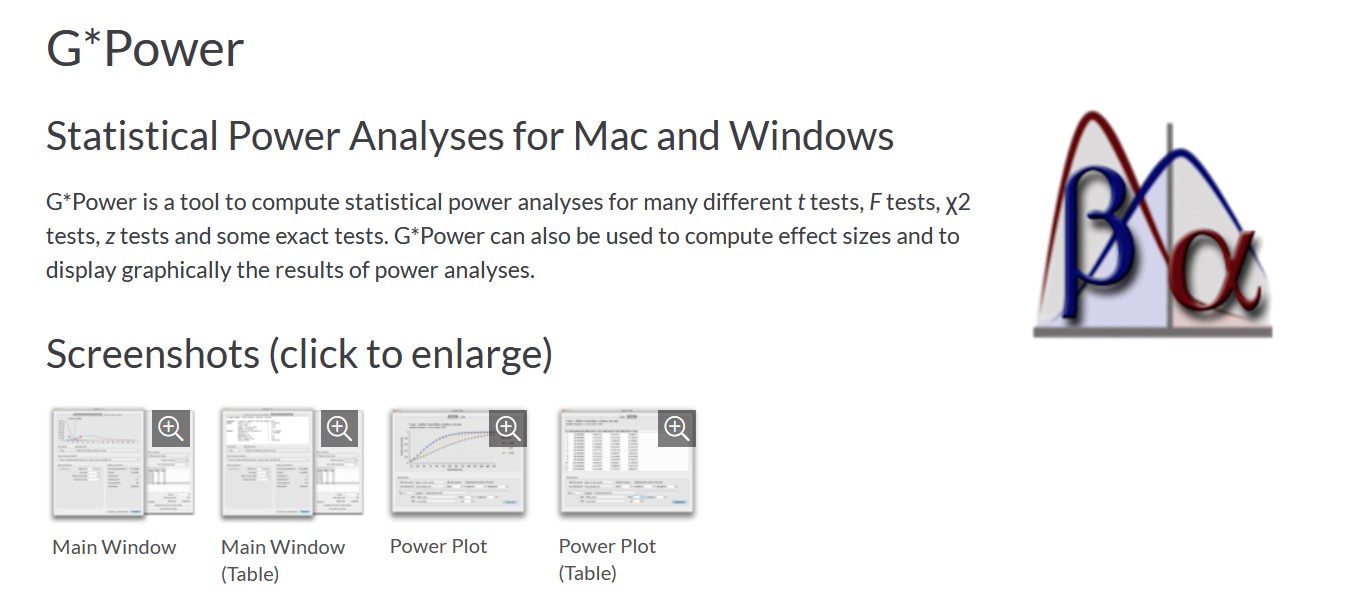Welcome
Power analysis through simulation in R
Niklas Johannes
Why this workshop
- Designing an informative study is a key skill
- A study is rarely informative if it can’t detect what you’re after
- Neglecting power means not knowing what our results mean
Okay, so I use GPower?

Nothing wrong with GPower
- GPower works great!
- Runs the risk of treating power just as a hoop to jump through
- Simulating data instead forces us to be explicit about many more features than GPower asks for
So why are we here?
The goal of the workshop is for you to
- have an understanding of the philosophy behind using data to test claims,
- get an intuition of how data generation processes work,
- learn the technical skills to turn these processes into data, and
- use these skills to simulate power for an informative study.
So what will you learn
A bit of everything. It’ll be a weird mix:
- Philosophy of science
- Meta-science
- Statistics
- R
What I expect from you
- A vague memory of your stats courses
- Some familiarity with R (and RStudio)
- Tolerance for confusion
- Enthusiasm for 2 days (or at least resilience)
What you can expect from me
- Comprehensive overview
- Lots of exercises to apply what you learned
- Flexibility in schedule
- Enthusiasm for 2 days
Principle
We’ll follow the same routine over and over: Learn, do, recall.
- Theory (I talk)
- Exercises (You apply)
- Quiz (You recall)
Day 1
| What? | When? |
|---|---|
| 9:00-9:45 | Intro (now) |
| 10:00-10:45 | What’s power? |
| 11:00-11:45 | Simulations in R |
| 12:00-13:00 | Exercise 1 |
| 14:00-14:45 | Effect sizes |
| 15:00-15:45 | Exercise 2 |
| 16:00-16:45 | Alpha, beta, sensitivity |
| 17:00-17:45 | Exercise 3 |
| 17:45-18:00 | Recap |
Day 2
| What? | When? |
|---|---|
| 9:00-9:45 | Recap |
| 10:00-10:45 | Categorical predictors |
| 11:00-11:45 | Exercise 4 |
| 12:00-13:00 | Interactions |
| 14:00-14:45 | Exercise 5 |
| 15:00-15:45 | Continuous predictors |
| 16:00-16:45 | Exercise 6 |
| 17:00-17:45 | Buffer |
| 17:45-18:00 | Recap |
What’s power
- Understanding of the logic behind NHST
- Intuition about what power is
- See why power, perhaps, potentially isn’t just a hoop to jump through
Simulations in R
- Understand why simulations are useful
- Logic of Monte Carlo Simulations
- Basic tools
Effect sizes
- Understand the importance of effect sizes
- How to formulate a smallest effect size of interest
- Know when you don’t have enough information
Alpha, beta, sensitivity
- Question the default of \(\alpha\) = 0.05 and power = 80%
- Understand how terribly complex designing an informative study is
- Know where to turn when you don’t have enough information
Categorical predictors
- Understand the logic behind the data generating process
- See how the linear model is our data generating process
- Apply this to a setting with multiple categories in a predictor
Interactions
- Understand what an interaction is from the perspective of the linear model
- Make yourself think in more detail about the form of interactions
- Be able to translate that detail to generating data
Continuous predictors
- Understand that continuous predictors are just another case of the linear model
- Extend this understanding to continuous (by categorical) interactions
- Be able to translate that extension to generating data
About that schedule
- Timing will be way off: Schedule depends heavily on how much time is needed for exercises
- Good news is: After half a day you’ll know everything you need–everything else is just bonus
- That’s why these slides are so full: I wrote the entire thing so you can go and revisit
Materials
- Everything is up on: https://github.com/niklasjohannes/power-workshop
- Just download everything as a zip file (Code -> Zip)
- Rendered to follow along here: https://niklasjohannes.github.io/power-workshop/
- There, you’ll also find instructions on how to download R, RStudio, and GPower
- For discussions we use Discord:
Stealing stuff
I cite all my sources, but relied heavily on the following:
- Julian Quandt’s power simulation tutorials
- Courses by Daniel Lakens (textbook)
- Tutorial by Ariel Muldoon
- Ben Staton on Monte Carlo methods
- R for Data Science
On R code and efficiency
- I focused on base R and making things simple rather than fast
- This workshop is about getting the principles, rarely about coding
- There are (much) better ways to implement